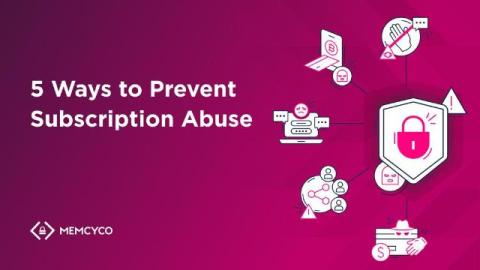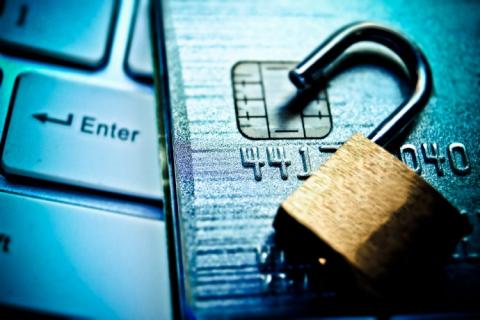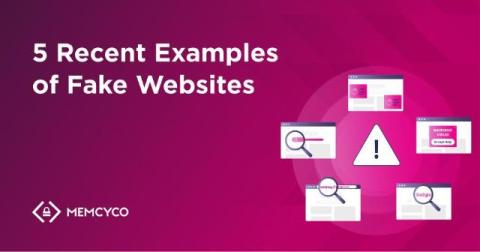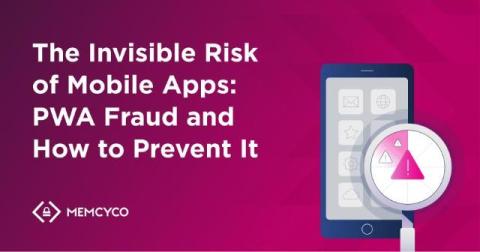5 Ways to Prevent Subscription Abuse
The subscription model is a gift that keeps on giving. For customers, it offers convenience, flexibility, and continuous access to the services or products they love. For businesses, it creates a steady and predictable revenue stream, fosters long-term customer relationships, and provides valuable insights into user behavior. But here’s a third player in the game that loves subscriptions just as much: fraudsters.









